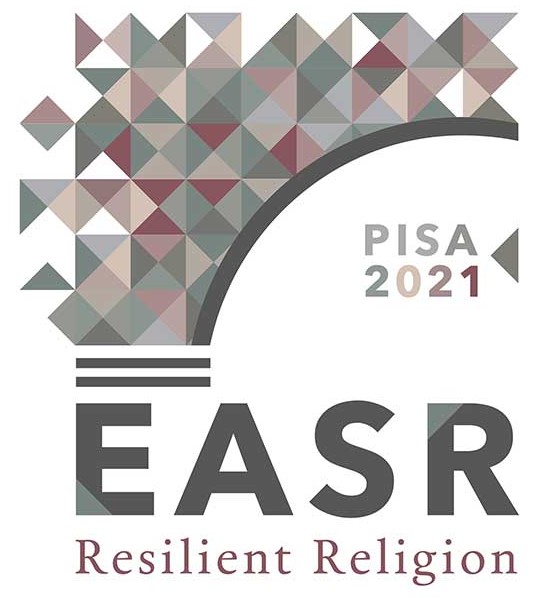Religious Minorities and Covid-19
Covid-19 affected particularly the collective dimension of freedom of religion and serves as an excuse for states to use rhetoric that scapegoats certain minorities, exacerbates tensions between religious groups and justifies further suppressions of already marginalized communities. For instance, religious groups deviating from mainstream Sunni Islam in certain countries in the MENA region are still denied any sort of formal (legal) recognition but are faced with discriminatory practices almost on a daily basis and are even blamed for spreading the virus. Also in the European context, where religion has been a central element for othering and discriminating minority communities for centuries, a rise of anti-Semitic and Islamophobic trends partially fueled by the pandemic, endanger not only Jewish or Muslim communities but society as a whole.
The pandemic thus sheds light on how the concept of minorities is framed in a certain socio-geographical context and how it relates to historical developments in a given region. Moreover, constantly changing power-relations in connection with a politicization of religion serve as a pretext for Covid-19-related policies to target religious minorities. Frictions and divisions within and between religious communities serve as an additional excuse for states to limit rights of minority communities, discriminating against, and ultimately persecuting, groups deviating from mainstream religion. Covid-19 highlights blind spots neglected by policy makers and legislators concerning the meaningful protection of rights of religious minority communities.
Therefore, this panel seeks to reflect on the impact of the pandemic on rights of religious minorities and aims to address rising discriminations and prejudices against religious groups as well as future scenarios for a comprehensive protection and promotion of religious minority communities.
The panel is open to contributions from different disciplines in a comparative and/or single case perspective.
Adelaide Madera: adelaide.madera@unime.it
